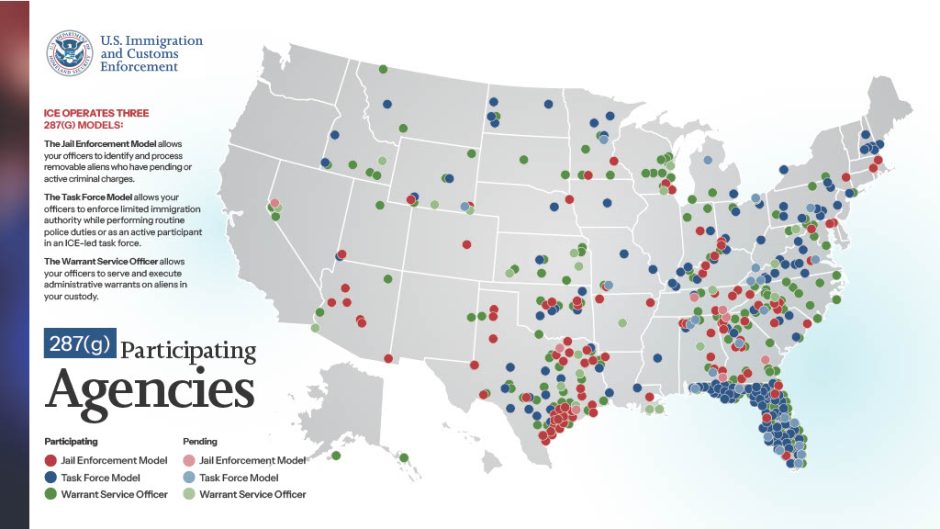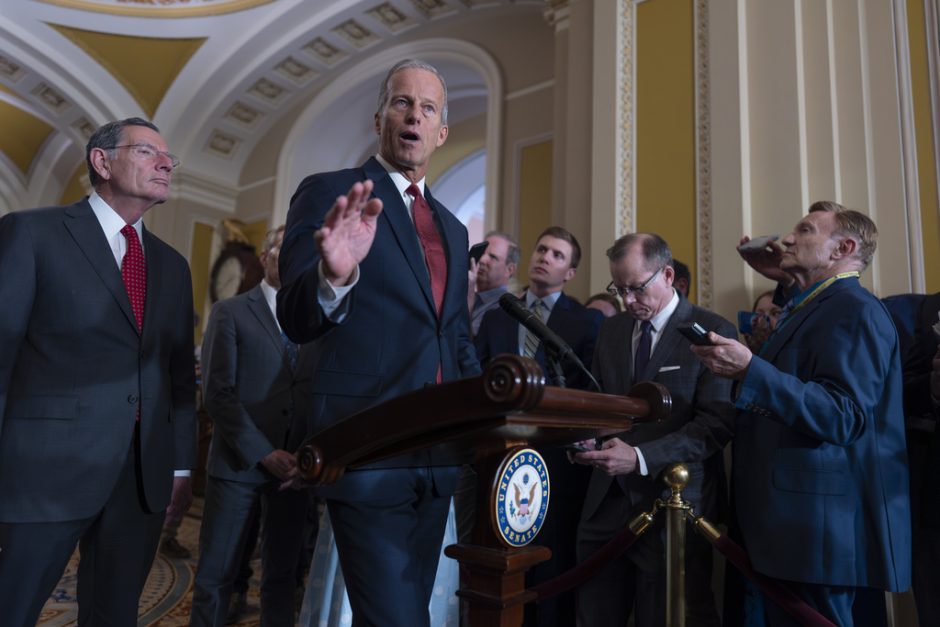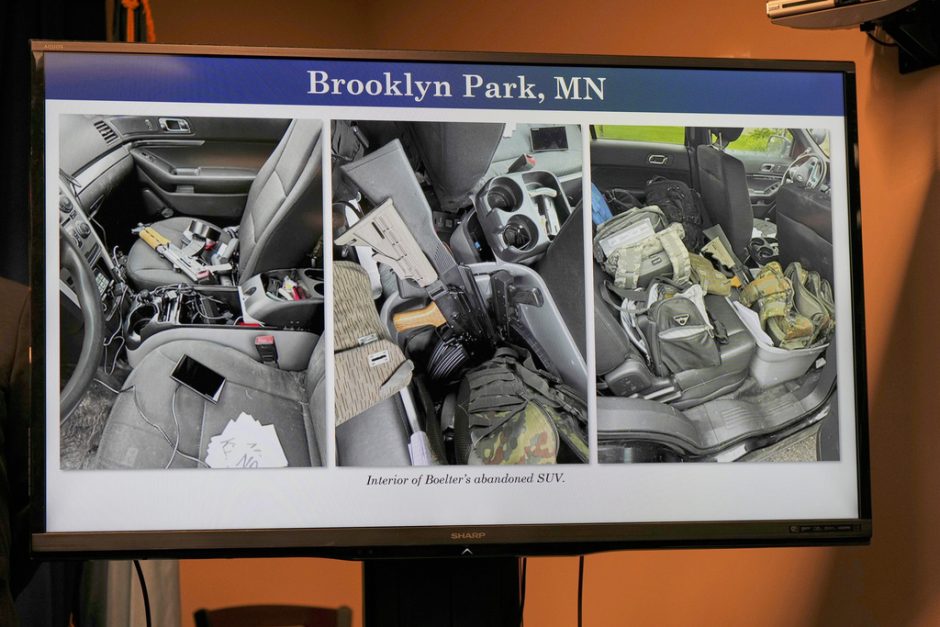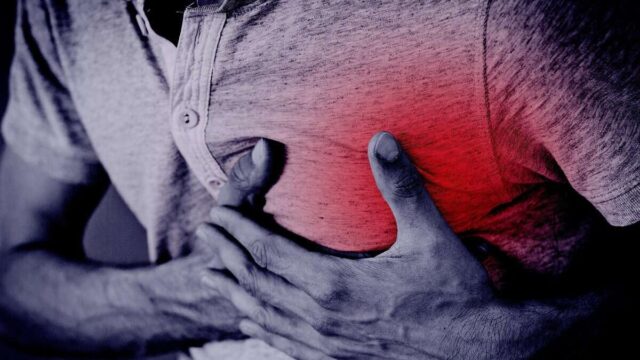New Delhi: A study conducted by the AIIMS-Delhi in collaboration with the Indian Council of Medical Research (ICMR) has claimed that there was no link between COVID-19 vaccination and sudden heart attacks among young individuals.
A panel of doctors at a press conference in AIIMS said that the ongoing study has so far examined 300 cases of sudden death, particularly among people under the age of 40. Though all of them had received COVID-19 vaccine doses, preliminary findings suggest other health and lifestyle-related causes were more prominent reasons behind the attack.
Dr S Narang, a cardiologist at AIIMS-Delhi, said “There is no conclusive evidence that the COVID-19 vaccine is causing sudden cardiac arrests. In fact, vaccines have proven to be more beneficial by reducing the severity of infections and associated complications.”

The study found that the most common cause of sudden death among the analysed cases was cardiac arrest, often linked to lifestyle issues such as smoking, blood clot, alcohol consumption and arterial blockages.
“Nearly 50 per cent of the individuals studied were found to have a history of drinking and smoking,” he said.
The second most common cause was classified as “negative autopsy”– cases where no clear symptoms or abnormalities were found during post-mortem examinations, the cardiologist added.
Dr Sudhir, a pathologist at AIIMS-Delhi, said, “While older individuals often suffer cardiac arrests due to arterial blockages, in younger people, sudden deaths may also be linked to genetic heart conditions, binge drinking, drug use, or excessive exercise post-COVID.”
Some deaths were also attributed to lifestyle-induced heart conditions, such as heart muscle fat deposits, high blood pressure, diabetes, elevated cholesterol levels, psychosocial stress, and abdominal obesity.
He recommended regular exercise and a diet rich in fruits and vegetables to reduce these risks.
The panel also said that blood clots caused by COVID-19 infections may pose a significant risk to heart health. The Department of Hematology indicated that such clotting has been particularly dangerous in some post-COVID cases.















































